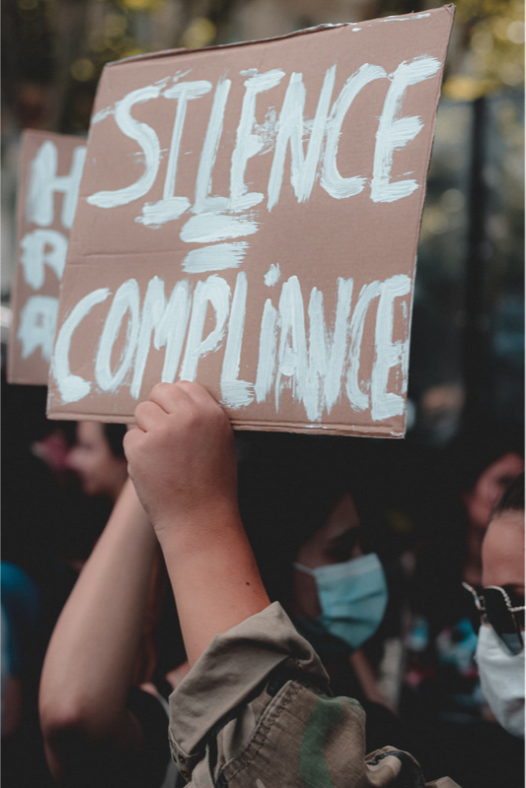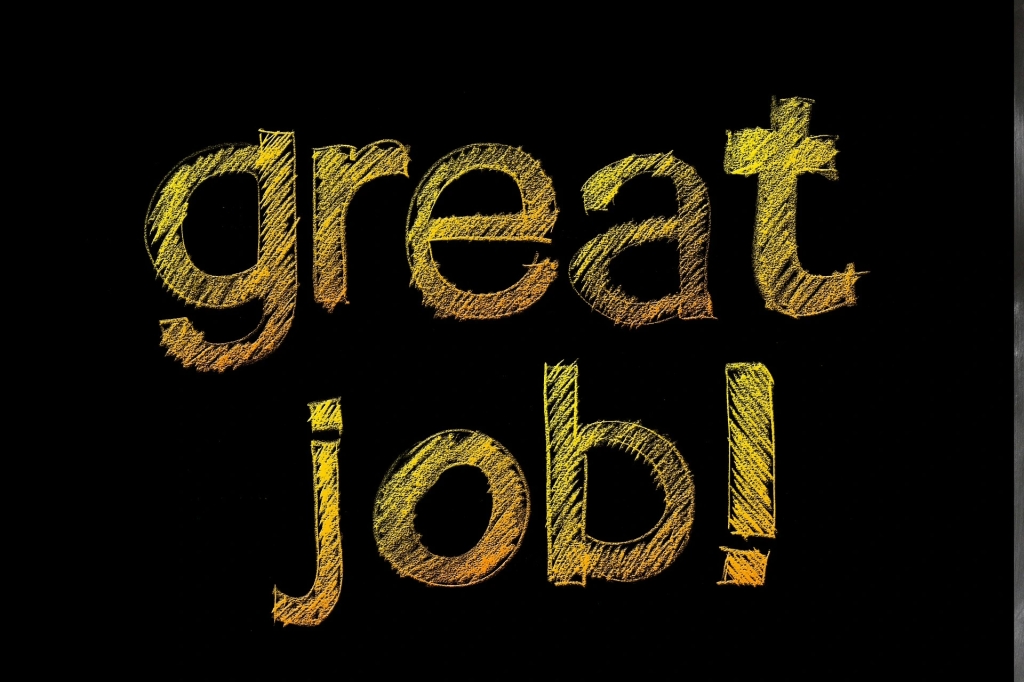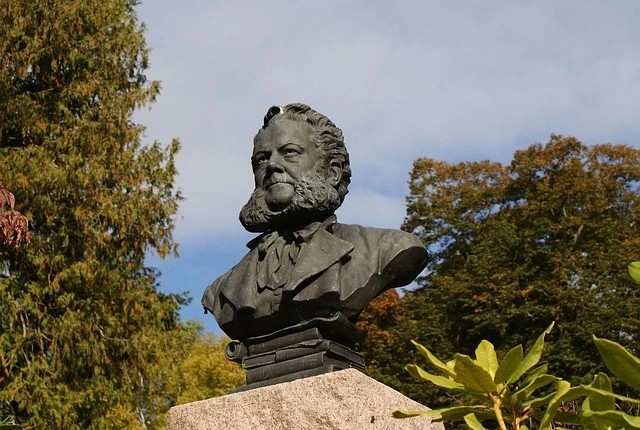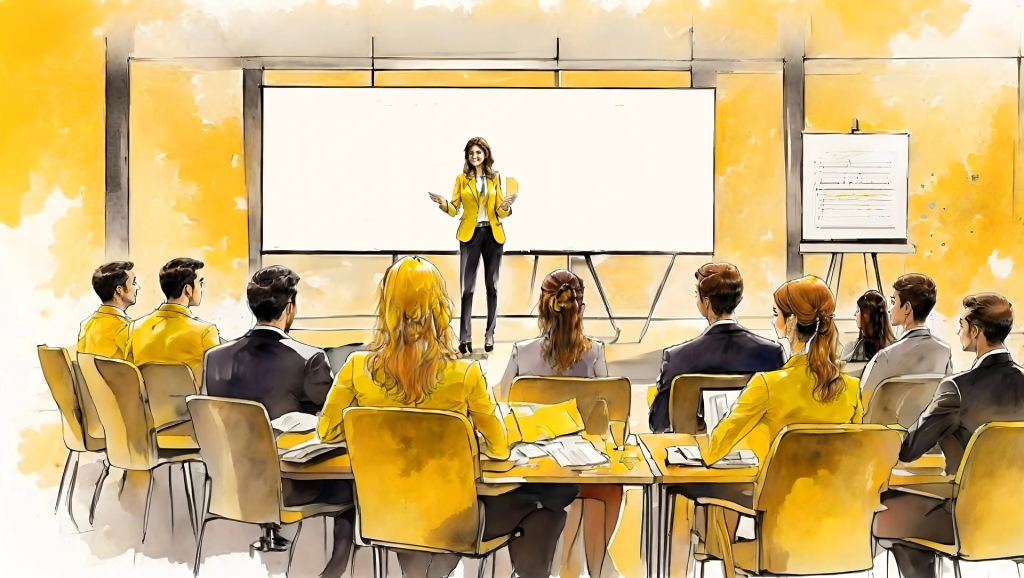Pedagogy of the Oppressed
Pedagogy of the Oppressed is a classic work by Paulo Freire, a Brazilian educator and activist who advocated for a liberatory education that empowers the oppressed to challenge and transform the structures of domination in society. The book, first published in 1968, has been translated into many languages and has influenced generations of educators, activists, and social movements worldwide.
Banking Education
One of the key ideas from the pedagogy of the oppressed is the concept of banking education, which Freire describes as a system where the teacher deposits knowledge into the passive and empty minds of the students, who are expected to memorise and repeat it without questioning or understanding. This type of education reinforces the power imbalance between the teacher and the students and prevents them from developing their agency, creativity, and critical consciousness. Freire argues that banking education is a tool of oppression that maintains the status quo and inhibits social change.
Dialogical Approach
Freire proposes a dialogical and problem-posing approach that views education as a process of communication and dialogue between the teacher and the students, co-creators of knowledge, to counteract banking education. In this approach, the teacher does not impose a predetermined curriculum or content but instead poses problems that relate to the students’ lived experiences and interests and invites them to explore them collaboratively. The teacher also facilitates the dialogue by asking open-ended questions, listening actively, respecting different perspectives, and encouraging critical thinking. This approach aims to enable the students to become subjects of their own learning rather than objects of the teacher’s instruction and to develop their awareness of their own reality and their capacity to transform it.
Problem-Posing Education
To exemplify this approach, Freire uses the metaphor of a problem-posing circle, where the teacher and the students sit together in a horizontal relationship rather than a vertical one. The teacher poses a problem relevant and meaningful to the student’s context, such as poverty, racism, gender inequality, or environmental issues. The students then engage in a dialogue with each other and the teacher, sharing their experiences, opinions, feelings, doubts, questions, and insights. The teacher is a mediator and guide rather than an authority or expert. The students also participate in researching the problem using a variety of informational resources, such as books and articles, interviews, surveys, or observations. The students then propose solutions or actions to address or improve the problem.
The Praxis
Another key idea from the pedagogy of the oppressed is the concept of praxis, which Freire defines as the dialectical relationship between reflection and action. Freire argues that education should not be separated from social reality but rather engage with it critically and creatively. He suggests that education should involve reflection on the world and action in the world to transform it according to human values and needs. Praxis is, therefore, a form of conscientization, or awakening of consciousness, that enables learners to recognise their oppression and act collectively to overcome it.
Freire also discusses the challenges and risks involved in practicing a pedagogy of the oppressed. He warns that educators who adopt this approach may face resistance from the dominant classes, who may perceive it as a threat to their interests and privileges. He also cautions that educators may fall into the trap of becoming authoritarian or paternalistic by imposing their views or agendas on the learners or treating them as helpless victims who need to be saved. He emphasizes that educators must respect the autonomy and dignity of the learners and must learn from them as much as they teach them. He also stresses that educators must be humble, open-minded, and willing to change themselves as they engage in dialogue with others.
Freire argues that education is not a neutral act but a political one. He believes that education can be used as an instrument of oppression or as a practise of freedom. He urges educators to align themselves with the oppressed and commit themselves to their liberation. He also challenges educators to constantly reflect on their assumptions, biases, and values and question their role and responsibility in society. He calls for a pedagogy rooted in the oppressed’s lived experiences, respecting their culture and history, and recognising their potential and dignity.
Integrating Freire’s Ideas into Teaching Practice
In the following section, I am discussing some ways to integrate the main ideas from the pedagogy of the oppressed into teaching practice. These are not prescriptive or definitive suggestions; they can be modified and adjusted according to the context and needs of teachers and learners.
- Recognise the cultural and historical background of your students. Freire emphasises the importance of respecting and valuing the culture and history of the oppressed as a source of knowledge and identity. He also warns against imposing a dominant or foreign culture on them, which can lead to cultural invasion and alienation. As teachers, we should acknowledge and celebrate the diversity of our students and learn from their experiences and perspectives. We should also encourage them to critically examine their own culture and history and those of others and recognise how social and political forces shape them.
- Create a dialogical space for learning. Freire proposes a dialogical pedagogy based on communication, collaboration, and problem-solving. He defines dialogue as “the encounter between men, mediated by the world, to name the world.” Dialogue is not only a method but also an attitude and a goal of education. It requires humility, trust, openness, and mutual respect among teachers and students. As teachers, we should create a space for learning that allows for dialogue, where students can express their thoughts and feelings, ask questions, share opinions, listen to each other, and learn from each other. We should also engage in dialogue with our students, not as authorities or experts, but as co-learners and facilitators.
- Use problem-posing as a strategy for learning. Freire contrasts problem-posing education with banking education, where teachers deposit information into students’ minds without stimulating their curiosity or creativity. He argues that problem-posing education is more conducive to critical thinking and action, as it involves posing problems that relate to the reality of the students and inviting them to investigate and solve them. As teachers, we should use problem-posing as a strategy for learning, where we present relevant and meaningful problems to our students and guide them to explore different aspects and dimensions of them. We should also encourage our students to pose their problems based on their interests and concerns and seek feasible and transformative solutions.
- Foster critical consciousness among your students. Freire defines critical consciousness as “learning to perceive social, political, and economic contradictions and to take action against the oppressive elements of reality.” He believes that education should transmit knowledge and empower students to become agents of change in their lives and society. As teachers, we should foster critical consciousness among our students by helping them to analyze and understand the root causes and effects of oppression, injustice, inequality, and violence in their context. We should also inspire them to envision alternative possibilities for themselves and their world and to take action to achieve them.
- Reflect on your practise as a teacher. Freire stresses the importance of reflection as a critical component of dialogical pedagogy. He says, “No one can be authentically human while he prevents others from being so.” He also says that “no one educates anyone else; no one educates himself alone; people educate each other through their interaction with the world.” As teachers, we should reflect on our practise by examining our assumptions, beliefs, values, biases, goals, methods, outcomes, challenges, successes, failures, etc. We should also seek feedback from our students, colleagues, mentors, etc. and use it to improve our practise. We should also be open to learning from others who have different or similar experiences or perspectives than ours.
Pedagogy of the Oppressed is a powerful and inspiring book that offers a radical vision of education as a means of social transformation. It is a theoretical work and a practical guide for educators who want to create more democratic and humanising learning environments. This book challenges us to rethink our assumptions about education, society, and ourselves.
You can read more about Pedagogy of the Oppressed at the following link:
https://nationalaffairs.com/publications/detail/paulo-freires-oppressive-pedagogy





Leave a comment